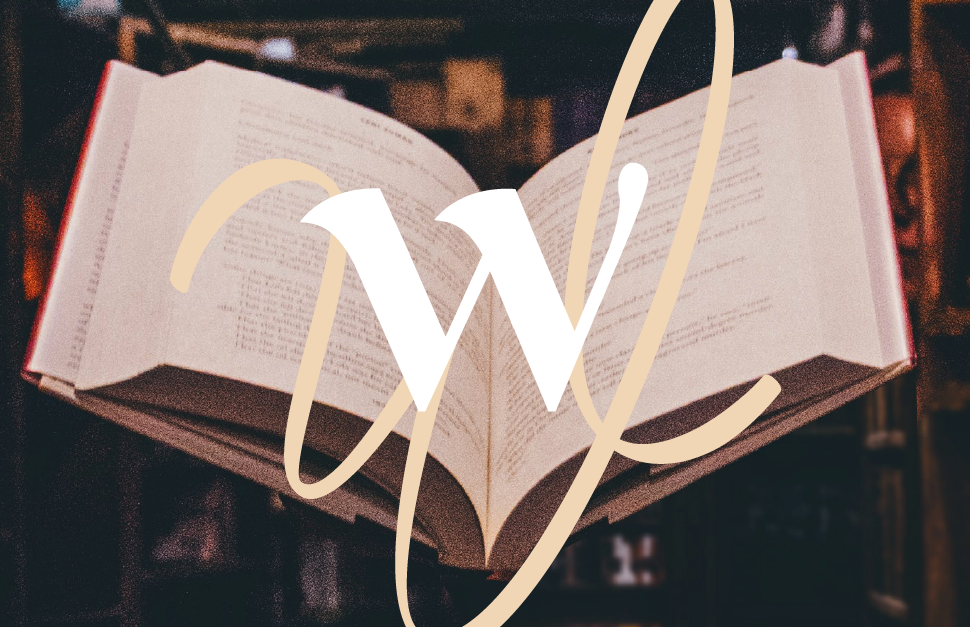
For you, what defines good writing?
For me, good writing is writing that emotionally connects with your audience. Everything is in service to that goal; fresh metaphors matterbecause they help to keep folks engaged in the poem, an effective form heightens the content and connection of the poem, etc.
What craft advice is most useful to you in your writing?
Honestly, the biggest thing that helps me is to remember to write when I’m writing and to save editing for when I’m editing– of course, I want to push myself to always write something fresh, but the first draft isn’t always the space for that. You’ll have plenty of time to polish during editing.
What craft advice do you feel your students most need to hear?
This is maybe a little counterintuitive for some folks, but I tell all of my students before they begin every single prompt “Don’t be afraid to be bad!” You can’t take creative risks with all of this pressure to create something “good,” and I’ve found that more than any one particular skill, becoming comfortable with the idea of failure has helped my students (and myself!) produce the freshest and most meaningful work because they are no longer afraid of taking risks.
What are your favorite craft books, and what did you learn from them?
I come from a tradition of performance poetry, and we don’t learn from books! (I also have a BA in Creative Writing, but let me tell you, none of the books were as helpful to me as learning directly from poets in the field). Page poetry and performance poetry have a lot to learn from one another, so don’t shy away from watching videos, attending slams, and showing up to workshops! For a more concrete resource, Megan Falley has some great tips for writers on her social media, and you’ll learn how to recognize when something creates feeling by watching Danez Smith perform.
What, to you, are the most challenging elements of writing craft, and how do you work with that challenge?
I think about poetry as a conversation with the audience/reader (I write for myself, but I am always, always deeply considering my audience– otherwise, why share it?), and I want to give them something fresh and engaging. After a decade plus of writing, it can be easy to feel like all of my freshest ideas are “used up”– this is why I am a huge fan of writing prompts, and I write almost exclusively off of prompts. The constraints of a prompt force me to look at the poem in a new angle, whether that’s form, vocabulary, or image sets.
What pieces of writing most inspire you, or do you most hold as models or inspirations?
I am inspired most by the people in my community (many of whom are not “big” names or even published widely). I feel like we often have this idea of the “lone writer,” but community is integral to my writing practice, and I am constantly getting inspired by the things people share at slams and open mics and workshops.
What life experiences (events, relationships, personal pursuits…) have most impacted your writing craft, and how?
Of course, being a part of slam communities has deeply impacted me (the community in these spaces is unreal and amazing–being on a competitive team for a tournament means that 4 other highly skilled poets are deeply invested in making your work the best it can be, because they only win if you win. Plus, they love you!). On a separate note, my first book is called “Dead Dad Jokes,” and being a caretaker for my dad when he was terminally ill has really impacted my writing. He died when I was in my early twenties, and it was really important to me to be able to build that emotional bridge for an audience and make impactful work for my peers, the vast majority of whom had never had to deal with anything of this scope. It really pushed me to interrogate when and how my poems were connecting with people, and my writing has been better for it.

